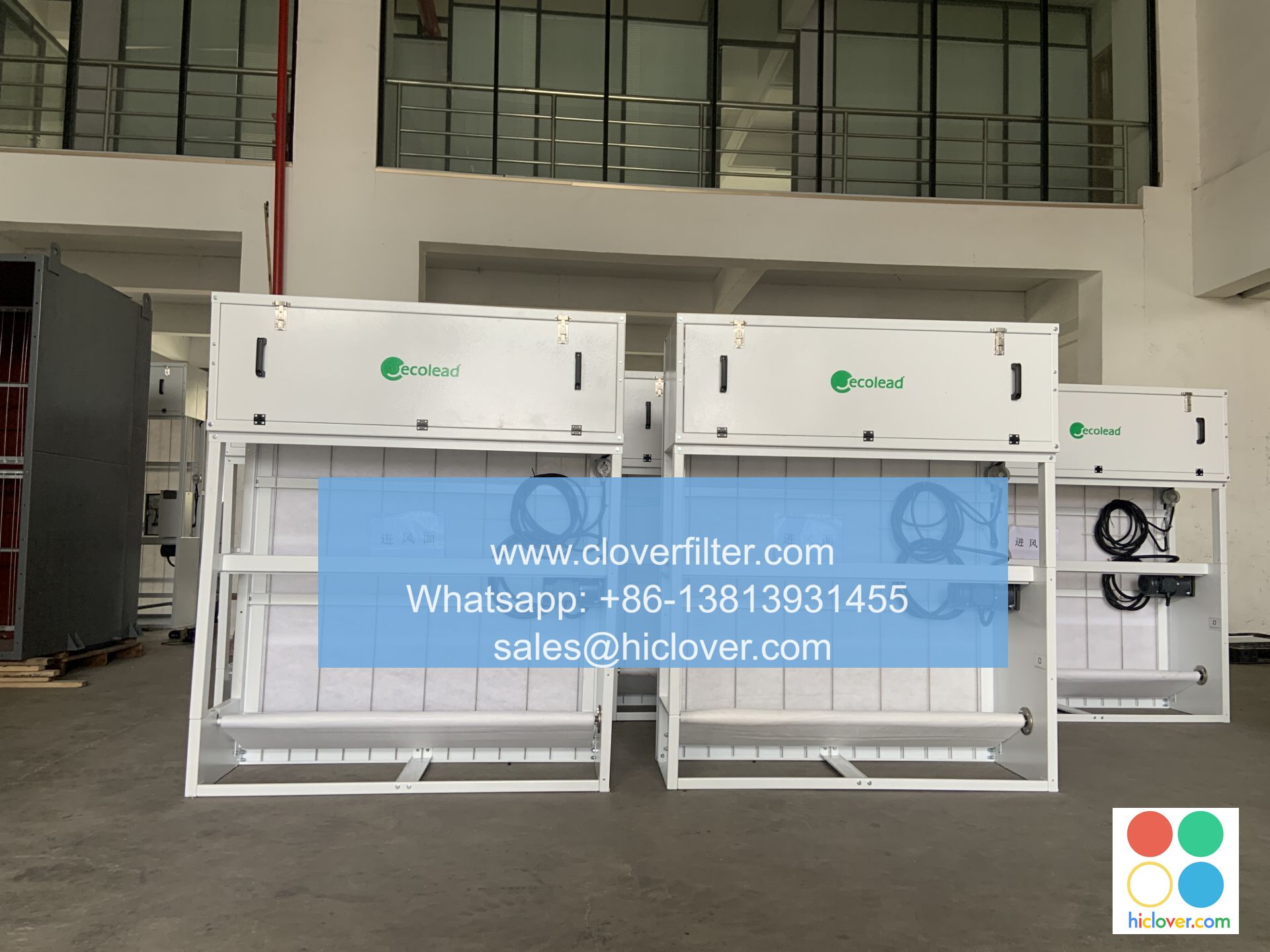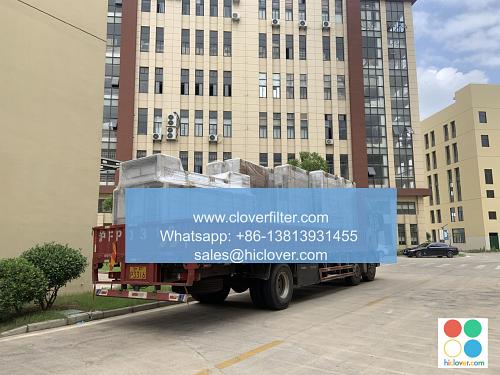Air Filter Recycling: What You Need to Know

Air filter recycling is an essential practice that has gained significant attention in recent years due to its numerous benefits for the environment, human health, and the economy. As the world grapples with the challenges of climate change, air pollution, and waste management, air filter recycling has emerged as a vital strategy for reducing waste, conserving resources, and promoting sustainability. In this article, we will delve into the world of air filter recycling, exploring its importance, benefits, and applications in various industries, including industrial air filtration, commercial HVAC systems, and residential air purification.
Why is Air Filter Recycling Important?
Air filter recycling is crucial for several reasons. Firstly, air filters are made from a variety of materials, including fiberglass, plastic, and metal, which can be recycled and reused, reducing the need for virgin materials and the environmental impacts associated with their extraction and processing. Secondly, air filters can contain hazardous materials, such as heavy metals and volatile organic compounds (VOCs), which can pose significant environmental and health risks if not disposed of properly. By recycling air filters, we can prevent these pollutants from entering landfills and waterways, protecting both human health and the environment.
Benefits of Air Filter Recycling
The benefits of air filter recycling are numerous and far-reaching. Some of the most significant advantages include:
* Conservation of natural resources: By recycling air filters, we can conserve natural resources, such as water and energy, which are required to extract and process virgin materials.
* Reduction of greenhouse gas emissions: Air filter recycling can help reduce greenhouse gas emissions by decreasing the need for energy-intensive manufacturing processes.
* Cost savings: Recycling air filters can be a cost-effective alternative to disposing of them in landfills, as it eliminates the need for landfill fees and reduces the costs associated with purchasing new filters.
* Extended filter life: Recycling air filters can also help extend the life of filters, reducing the frequency of replacements and minimizing waste.
Applications of Air Filter Recycling
Air filter recycling has a wide range of applications across various industries, including:
* Industrial air filtration: Air filter recycling is particularly important in industrial settings, where large quantities of filters are used to remove pollutants and contaminants from the air. By recycling these filters, industries can reduce waste, conserve resources, and minimize environmental impacts.
* Commercial HVAC systems: Commercial HVAC systems rely heavily on air filters to maintain good indoor air quality. By recycling these filters, businesses can reduce waste, save energy, and improve the overall efficiency of their HVAC systems.
* Residential air purification: Air filter recycling is also important in residential settings, where air purifiers are used to remove pollutants and allergens from the air. By recycling these filters, homeowners can reduce waste, conserve resources, and improve the overall air quality in their homes.
How to Recycle Air Filters
Recycling air filters is a relatively straightforward process that involves several steps, including:
* Collection: Collecting used air filters from industries, businesses, and households.
* Sorting: Sorting air filters by type and material to determine the best recycling method.
* Cleaning: Cleaning air filters to remove dirt, debris, and other contaminants.
* Shredding: Shredding air filters into smaller pieces to facilitate recycling.
* Recycling: Recycling air filters into new products, such as new air filters, plastic products, and metal products.
Conclusion
Air filter recycling is a vital practice that offers numerous benefits for the environment, human health, and the economy. By recycling air filters, we can conserve natural resources, reduce waste, and minimize environmental impacts. As the demand for air filter recycling continues to grow, it is essential to develop effective recycling strategies and technologies to support this effort. Whether you are a business owner, homeowner, or individual, you can play a crucial role in promoting air filter recycling and contributing to a more sustainable future. It seems like you’re looking to start a conversation or get information on a specific topic, but you haven’t provided any details yet. Could you please provide more context or specify what you’re interested in? I’m here to help with a wide range of topics, from science and history to entertainment and culture. Let me know how I can assist you!

